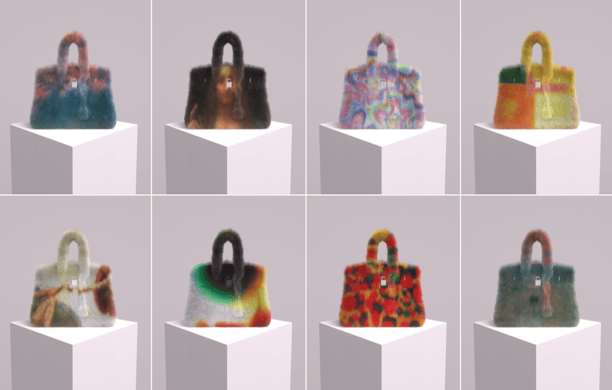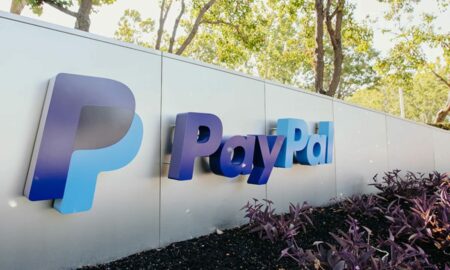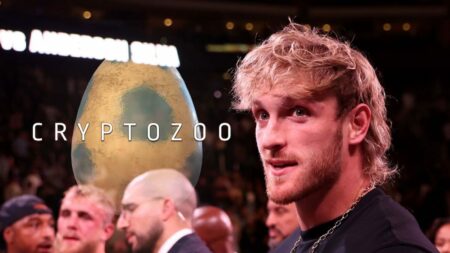The NFT trademark lawsuit between luxury brand Hermès International SA and artist Mason Rothschild over the MetaBirkin NFT project has been settled. This sets a major precedent for legal cases in the Web3 world. The ruling, which came after six days of proceedings in a Manhattan courtroom, found that Rothschild’s sale of handbag-inspired NFTs violated Hermès’ rights to the “Birkin” trademark. Therefore, the jury awarded Hermès $133,000 in damages. Additionally, the suit determined that Rothschild’s NFTs are not protected under the First Amendment.

Hermès vs MetaBirkin NFT Trademark Lawsuit Sets Precedent in Web3 World
This case highlights the need for regulation in the crypto and NFT space. It also serves as a warning to NFT creators that intellectual property law is enforceable on the blockchain. Hermès sued Rothschild in January 2022 for trademark infringement over the release of MetaBirkins. To clarify, MetaBirkins is a collection of 100 NFT purses. These purses have a strong resemblance to Hermès’ Birkin bags. Therefore, following the release of MetaBirkins, Hermès International sued Rothschild for trademark infringement.
The jury sided with Hermès, finding that Rothschild had infringed upon the trademark and that NFTs should be subject to trademark laws.
What Happens Next?
The outcome of this case has implications for NFT creators in the Web3 world. For a long time, NFT creators have long operated under the assumption that the decentralized nature of the blockchain and First Amendment protections would keep them out of legal trouble. However, this ruling suggests that creators should consider intellectual property law when founding NFT collections. This is especially important for those creations that are derivative or similar to notable brands.
In conclusion, the NFT trademark lawsuit has set a major precedent for legal cases in the Web3 world. Firstly, it highlights the need for regulation in the crypto and NFT space. Moreover, this serves as a warning to NFT creators that intellectual property law is enforceable on the blockchain. As more brands enter the NFT market, it is important for creators to consider the potential for trademark infringement before launching derivative or copycat NFT collections.
All investment/financial opinions expressed by NFTevening.com are not recommendations.
This article is educational material.
As always, make your own research prior to making any kind of investment.








